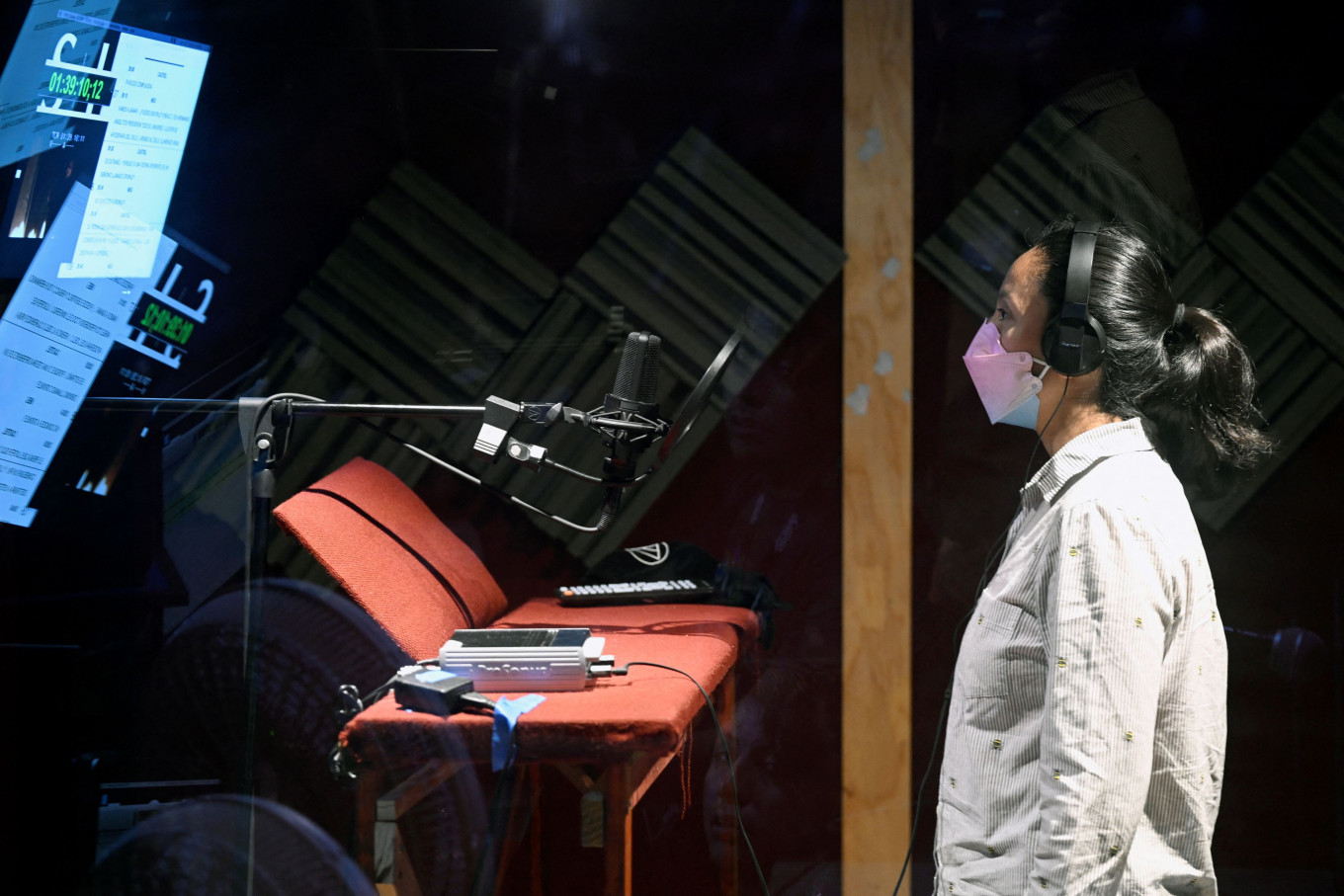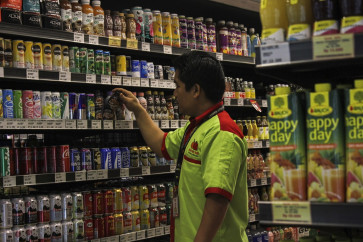‘Don’t steal our voices’: Dubbing artists confront AI threat
They wanted laws to prevent recordings of their voices being used to develop AI without their consent.
Change text size
Gift Premium Articles
to Anyone

Voice actors around the globe are mobilizing against the unregulated use of artificial intelligence (AI) to generate and clone human voices, which they fear poses a threat to their livelihoods.
“We’re fighting a very big monster,” said Mario Filio, a Mexican artist who has done voiceovers for Hollywood star Will Smith, the Obi-Wan Kenobi character in Star Wars and the party-loving lemur King Julien in the animated movie Madagascar.
Campaigning under the slogan “Don’t steal our voices”, more than 20 voice acting guilds, associations and unions from Europe, the United States and Latin America have created the United Voice Artists coalition.
It represents the faceless voiceover artists and narrators of commercials, movies, audiobooks and video games who fear that their voices will be replaced by machines, or even cloned by AI without their consent.
“The undiscriminating and unregulated use of artificial intelligence is a risk that could lead to the extinction of an artistic heritage of creativity and wonder, an asset that machines cannot generate,” according to the group, which says its members include the US National Association of Voice Actors (NAVA) and Latin America’s Organization of United Voices.
“Our voices are our livelihood,” NAVA vice president Carin Gilfry said in a statement last month. “And if we don’t have control over how those voices are used, we can’t make a living.”
Voice artists were already competing with text-to-speech (TTS) technology, which turns written words into synthetic voice.
Now, AI has brought a new threat.
Thanks to machine learning, software can compare a voice sample with millions of existing ones, identifying patterns that generate a clone.
“It’s fed by voices that we’ve been providing for years,” said Dessiree Hernandez, president of the Mexican Association of Commercial Announcers.
“We’re talking about the right to use your voice without your consent,” she added.
‘Adapt or disappear’
Platforms offer human-sounding TTS services for a fraction of what professionals would charge.
One, Revoicer, says that it does not intend to replace human voiceovers, but to offer a quicker and cheaper alternative.
Although they continue to be hired, voice actors suspect that companies are using their voices to build up their archives.
The artists are seeking tools to track their voices in the face of sophisticated piracy.
They wanted laws to prevent recordings of their voices being used to develop AI without their consent, and also supported setting quotas for human voiceovers, said Colombian voice artist Daniel Söler de la Prada.
In the future, audiences could hear a famous actor’s voice in several languages but with the intonation of a dubbing artist, Filio said.
While that could generate employment and benefits for the public, voice artists “need to charge what’s fair”, he added.
Mexican voice artist Maclovia Gonzalez said she would only sign a contract with an AI company if it provided enough information about how the content would be used.
“I want to be part of this revolution, but not at any price,” she said.
Art Dubbing, a company that has received several requests from clients to use synthetic voices, faces a dilemma: “adapt or disappear”, said its Mexican founder, Anuar López de la Peña.
Filio, for his part, said he had stopped recording for many clients for fear of hurting his colleagues’ livelihoods.
But he was skeptical that AI would replace voice actors completely because the machines had “no soul”, he added.









